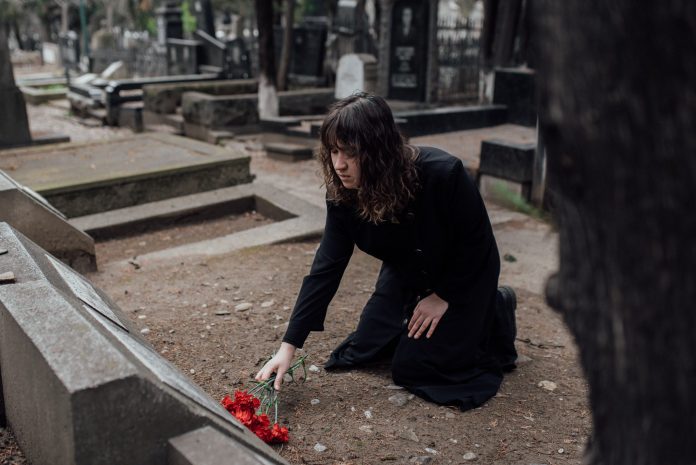Johannesburg – More than 75% of South Africans die without a valid will in place.
Therefore, in South Africa, September is Wills Month to kick-start the conversation many families shy away from – death. Alex Simeonides, the CEO of Capital Legacy, said the outbreak of Covid-19 had shown that it’s particularly important that we place emphasis on ensuring that we leave a lasting legacy for our children and future generations.
“The reality is that most people know they need a will but statistics show that South Africans are notorious procrastinators,” Simeonides said, before adding that your last will and testament is probably the most important document you’ll ever sign, and it forms the cornerstone of your estate plan.
“Your will houses your final wishes, how you would like to distribute your estate, who your beneficiaries will be, who should take care of your children should something happen to you and your spouse, etc. Not having a will in place can result in devastating consequences for the loved ones you leave behind.”
Madelein Steenkamp, a legal specialist at PSG Wealth, said the Covid-19 pandemic had brought with it an increased awareness around our own mortality, and the importance of having your affairs in order to protect loved ones.
“The moment a loved one passes away, their deceased estate comes into existence and must be wound up in terms of the Administration of Estates Act, and, depending on the nature of the estate, the winding-up process can be lengthy. The time required to wind up a deceased estate will be determined by, among other things, the size and complexity of the estate,” Steenkamp pointed out.
“For example, if an estate is smaller than R250 000, the process is simpler, and an executor does not need to be appointed. In this instance, a person [usually a family member] is authorised by the Master of the High Court to pay and collect debts and distribute the assets of the deceased to the heirs. For estates above R250 000, an executor needs to be appointed and the formal process of winding up of the estate needs to be followed.”
Why should an attorney draft your will?
Attorneys are professionals qualified in law. An attorney can advise you on any problem that may arise with regards to your will. An attorney has the necessary knowledge and expertise to ensure that your will is valid and complies with your wishes.
Often a will is not valid because the person who drafts it does not have the necessary legal knowledge to ensure that the requirements of the law are met.
Six consequences of dying without a will:
• You forfeit the opportunity to decide who inherits what and your estate is distributed according to South African law. This means people whom you may not have wanted to benefit from your estate may inherit your assets and family heirlooms.
• Your partner may be left with nothing if you are not married, or your will is not updated from a previous marriage.
• Your children’s inheritance could pass to the Government Guardian’s Fund or appointed guardian rather than to a trust that will ensure your wishes for them are carried out.
• Family feuds often occur when family members argue over the distribution of your estate if your final wishes are not clearly documented in a will.
• Winding up your estate can take years. Without a will, appointing a professional executor, the government is essentially in control of the process.
• You lose the ability to nominate a guardian for your minor children.

Follow @SundayWorldZA on Twitter and @sundayworldza on Instagram, or like our Facebook Page, Sunday World, by clicking here for the latest breaking news in South Africa. To Subscribe to Sunday World, click here.
Sunday World



